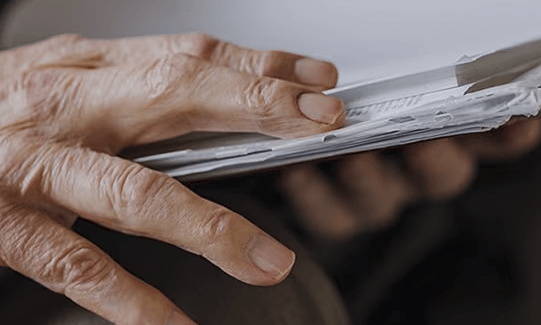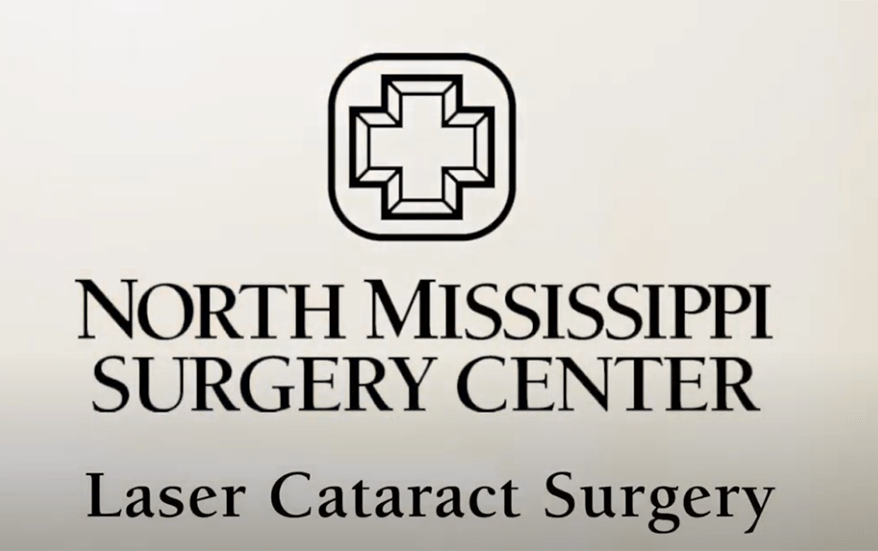

Feb 28 2023
10 Facts about Cataracts


Summary
Laser assisted cataract surgery increases accuracy and precision to improve vision and reduce dependency on glasses.
1. What are cataracts?
Cataracts are defined as the natural lens inside the eye becoming cloudy. Proteins in the natural lens start to break down, causing the lens to become cloudy and impair vision.
2. What causes cataracts?
Aging is the main contributing factor. Most people older than 65 have cataracts. Other risk factors include diabetes, smoking, use of steroid medications and sun exposure, which can also accelerate cataract formation.
3. What are symptoms of cataracts?
A gradual decline in vision that includes:
- blurry vision
- trouble seeing well at night
- difficulty with driving
- glare
- needing more light to read
- seeing bright colors as faded or yellow
4. What can I do about cataracts?
Once the vision changes from cataracts begin to interfere with your daily activities, and the interference is not relieved with a change in glasses or contact prescription, it may be time to talk to an eye doctor about cataract surgery—either traditional or laser assisted.
5. What is traditional cataract surgery?
Cataract surgery is an outpatient procedure. Your surgeon manually makes a tiny incision to enter your eye through the cornea (the clear front part of the eye), makes an opening into the lens capsule with forceps and removes the cataract by breaking it up with an ultrasound machine. Then, a new clear prosthetic lens implant is placed into the eye to restore vision. Corneal incisions are then sealed.
6. What makes laser assisted cataract surgery different?
Use of the laser is gentle and does not cause any pain. It offers several benefits:
- The laser can create the corneal incisions used to enter the eye, which increases accuracy over manual incisions. This makes the surgery bladeless.
- The laser can create a capsular opening that is well centered, round and perfectly sized. This will allow the new lens implant to be in the proper position long term. This is the most important step of surgery.
- The laser can break up or fragment the cataract decreasing the amount of ultrasound energy used by your surgeon. The less ultrasound energy used, the less likelihood of damage to your eye or delayed healing.
- Currently there are no lens implants that correct for low levels of astigmatism. The laser can decrease astigmatism by making small partial thickness incisions in the cornea.
- Overall, laser assisted cataract surgery increases accuracy and precision to improve vision and reduce dependency on glasses.
7. What about prosthetic lens implants?
Lens implants are designed to last for the rest of your life, and you can choose from many different types. Options correct a combination of distant, intermediate and near vision as well as astigmatism. Not everyone is a candidate for every lens. Before surgery, it is important to discuss the options with your surgeon.
8. What is recovery like?
Your vision will be blurry immediately after surgery, then over the next few days it will clear significantly.
Because of the anesthesia given during surgery, you cannot drive on the same day as cataract surgery. However, most people can start driving the day after surgery, depending on visual recovery and individual comfort level.
In most cases, you will use eye drops for a few weeks after surgery. For at least a week, restrictions include:
- No heavy lifting
- No straining
- No pressure on the eye
- No rubbing your eye
- No eye makeup
- No swimming
9. Can I have both eyes done the same day?
Cataract surgery is not routinely performed on both eyes the same day. Traditionally one eye is chosen for the first cataract surgery, followed a few weeks later by surgery for the second eye.
10. Does insurance pay for cataract surgery?
In most cases, medical insurance covers the majority of the cost of cataract surgery. In some cases, insurance may cover 100% of the cost! Insurance plans can vary widely, however, so it is best to check with your surgeon and insurance provider prior to surgery.
North Mississippi Surgery Center is the only location in north Mississippi offering laser cataract surgery.
For more information or an appointment, call Tupelo Eye Clinic at (662) 844-7211 or 1-800-THE DESK (1-800-843-3375).

If you are experiencing symptoms of cataracts, call 1-800-THE DESK to make an appointment and explore your treatment options.

Subscribe to Our Newsletter
Like this content and want to get more? Sign up for True North, the health and wellness newsletter from North Mississippi Health Services!

Subscribe to Our Newsletter
Like this content and want to get more? Sign up for True North, the health and wellness newsletter from North Mississippi Health Services!

Nurse Link®
Not sure if you need Urgent Care or the ER? Call 1-800-882-6274 anytime to speak directly to a registered nurse and get immediate answers. Using computerized medical protocols, nurses direct callers to the most appropriate treatment. Our nurses are available 24 hours per day, seven days per week.